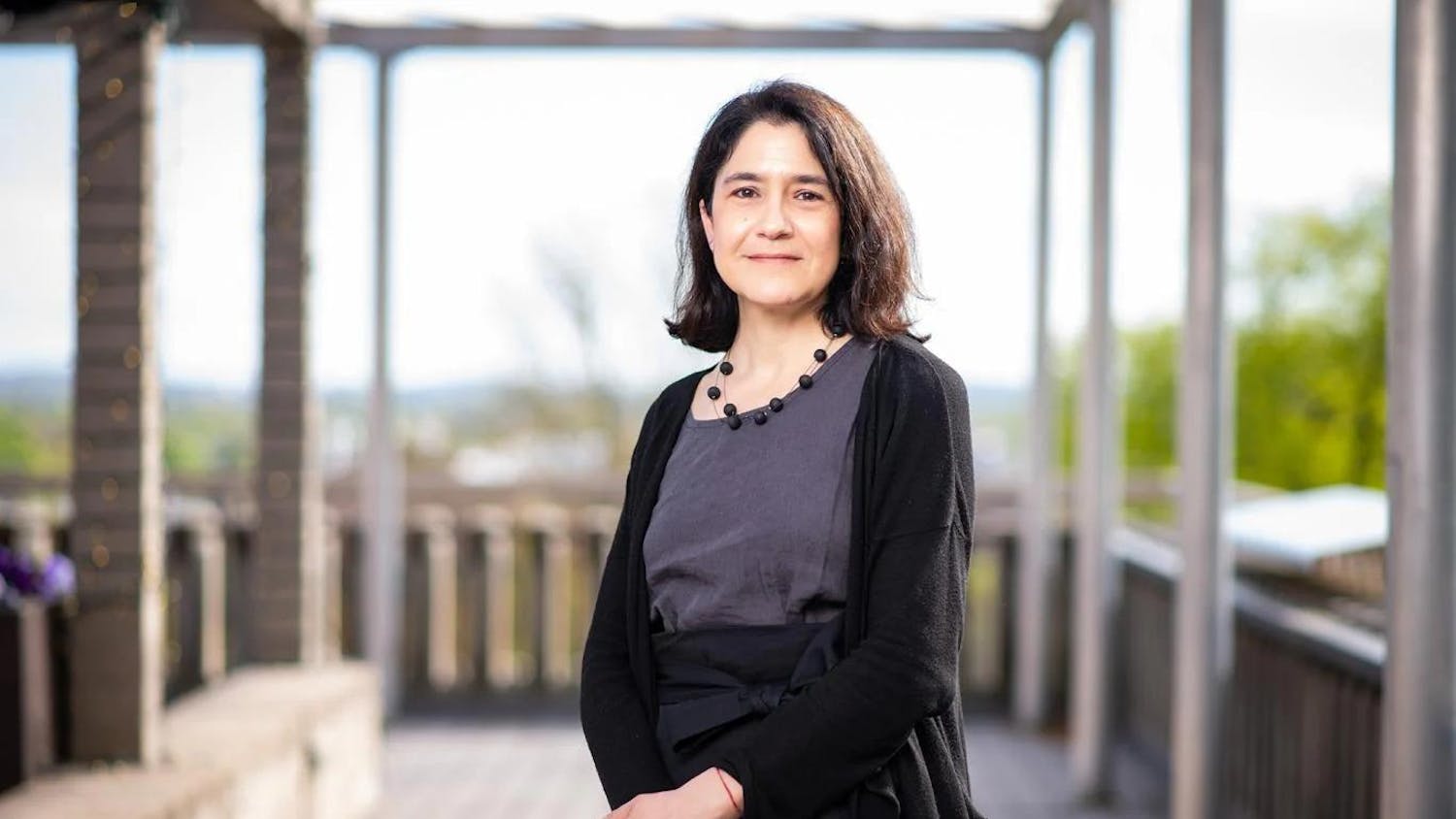A group of 21 Tufts students this summer ventured to a Rwandan orphanage for a 10-day service trip - a journey that Tufts Hillel has sponsored since 2009 for students interested in social issues and community service.
The trip's student coordinators Jennifer Smith, a junior, and David Reiff, a senior, returned home motivated to help the Agahozo Shalom Youth Village (ASYV) beyond their stay in Rwanda.
The group next month plans to host a fundraiser for the orphanage on the Medford/Somerville campus, featuring Rwandan food, music and dance, Smith said.
She said they also plan to organize a film screening to further educate the Tufts community about Rwanda.
The service trip has become a staple of the Cummings/Hillel Program for Holocaust and Genocide Education, according to Reiff and Smith.
Inspired by a Rwandan man who spoke to Tufts Hillel seven years ago, Hillel board member Anne Heyman created the ASYV in 2006 to help solve the biggest problem the Rwandan man identified: a large orphan population.
Since the program was founded, families, high school students and college students from Yale University, University of Pennsylvania and University of Wisconsin have also joined the effort, according to Smith.
At the orphanage, service trip responsibilities included helping with irrigation, farming, landscaping and construction, Smith said.
Students also participated in discussions about the purpose of their time in Rwanda, Reiff said. From how to repair a country and its individuals after genocide to the meaning of forgiveness, the talks gave volunteers time to reflect on their impact on the orphans and learn more about themselves, he said.
"The biggest impact, though, is in our interactions with students," Smith said. "To see students work that hard and value their education makes you appreciate your time at Tufts."
Conversations with the village orphans were just like those between peers in the United States, Smith added.
Whether it was gossiping about a friend or gushing about Justin Bieber, sophomore Hannah Deegan said she often forgot about the differences between herself and the Rwandan girls to whom she spoke.
"Nothing could top the sadness and guilt of saying, 'Yes, I have parents,'" she said. "Of all the terrible things we saw and heard about in Rwanda, the hardest for me was seeing girls just like my two younger sisters living in a world so devastatingly different."
Deegan added that the self-reflection inherent in the trip was beneficial.
"I didn't expect for the most valuable part of my trip to be the discomfort of examining myself with a Rwandan perspective in mind," she said. "I didn't expect to feel such overwhelming joy from the people I met there, to be so taken by the beauty of the land itself."
Though there is no established pen-pal program through which to continue communication beyond the trip, Reiff said he has stayed in touch with some of the Rwandan students he met via Facebook.
"There's a feeling of abandonment among these students every time we come to the village and leave," Reiff said. "When you leave and feel like you're abandoning a friend, it's hard. The most important thing is that we keep coming back."
Although Tufts Hillel manages the visit, the trip has always been open to undergraduate students of all faiths, Smith said.
She highlighted the range of religions represented on the trip, noting that students' various backgrounds allowed them to share new cultures with the village.
"Most of the orphans will never leave Rwanda or travel in their lives," Smith said. "And even though we're only there for 10 days, having the volunteers come brings new perspective."





